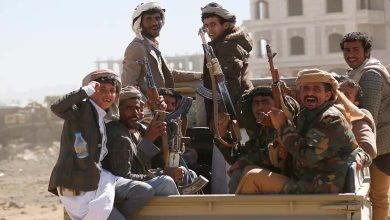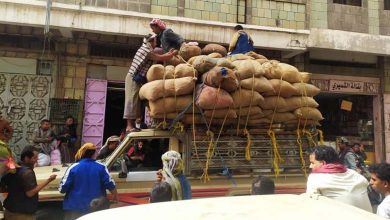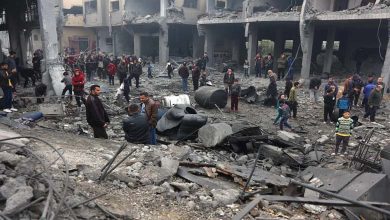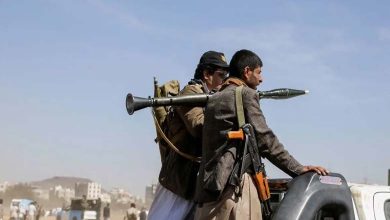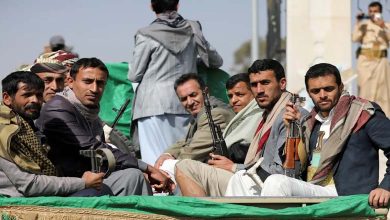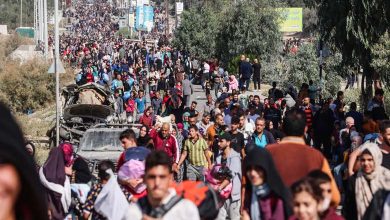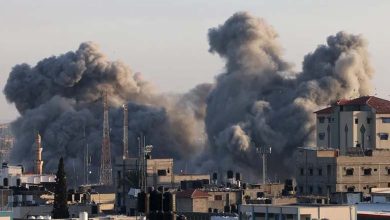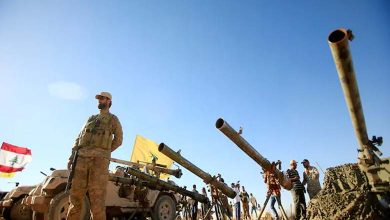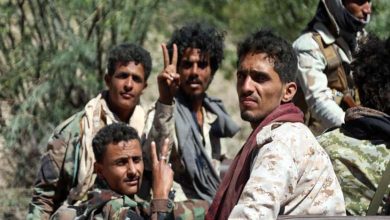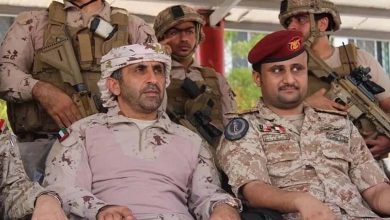The Battle of the Iraqi Integrity Commission against corruption doesn’t penetrate party influence
The Iraqi Integrity Commission announces arrests and investigations of officials due to mismanagement and corruption on an almost daily basis. However, it has not reached the level of the real battle that Iraqis aspire to, as top officials associated with political parties remain immune from accountability
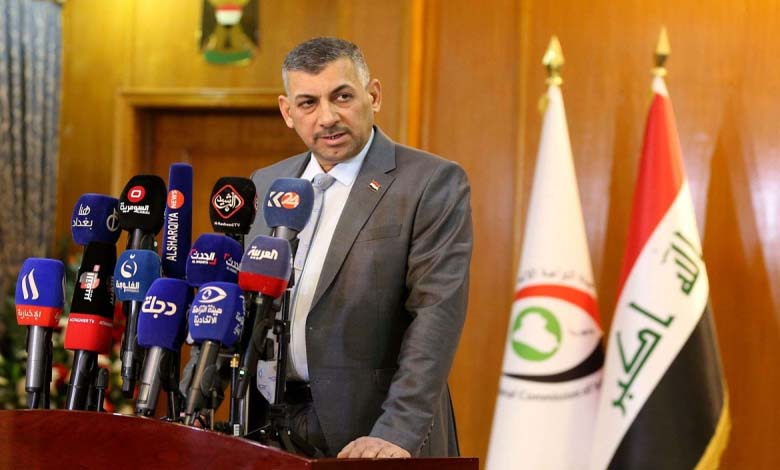
The Federal Integrity Commission in Iraq announced the “arrest of the manager of the Industrial Bank branch at the Insurance Company and the bank’s treasurer on charges of embezzlement” as part of an intensive campaign against widespread corruption in the country. Still, it has not managed to touch senior officials linked to influential parties.
The commission stated in a press release, “In a qualitative and significant operation under the direct supervision and guidance of its president, Judge Haider Hanoun, to intensify the deterrent fieldwork, the Federal Integrity Commission managed to apprehend the manager of the Industrial Bank branch at the Insurance Company and the bank’s treasurer on charges of embezzlement.”
The Integrity Commission almost daily announces arrests of individuals involved in corruption-related crimes as part of a major battle declared by the commission’s president, Judge Hanoun, against corruption and corrupt individuals. He has warned of the repercussions of the corruption phenomenon and its expansion into the economy.
However, examining the data related to arrests and investigations of officials on charges of mismanagement and corruption reveals that these actions mainly target employees not affiliated with influential parties. The fight against corruption remains far from the real battle Iraqis aspire to, as senior corrupt officials remain unaccountable.
According to the statement released by the Integrity Commission, “After conducting the inspection, a sum of money in Iraqi dinars and US dollars, an ‘iPhone 14 Pro Max’ mobile phone, and an unlicensed ‘Kalashnikov’ rifle were seized at the bank manager’s residence. Upon questioning the suspect’s family, they confirmed that he had secured a sum of money at his wife’s friend’s house, where a bag containing nearly a quarter billion dinars was discovered.”
It clarified that “preliminary investigations with the suspects and taking their statements led the team to the residence of the second suspect, the bank’s treasurer, and with his guidance, a contract for the sale of land (100 square meters) in his wife’s name was seized, indicating that the suspect had purchased it with embezzled funds.”
In May, Judge Hanoun called for the invention of what he described as “modern methods” to combat corruption, emphasizing the need to work diligently to defeat “the corrupt.”
He described the oversight bodies and those cooperating with them from the executive and legislative authorities, including the judiciary, law enforcement agencies, and honest citizens, as the “anti-corruption army.”
He pointed out that “the people’s money, instead of going to the state treasury, goes into the pockets of the corrupt.”
Judge Hanoun stated that the “major battle and decisive battle against corruption and the corrupt has been prepared in recent months.”
However, all these efforts clash with political forces and parties more potent than the rule of law. Pursuit operations do not represent a strong deterrent tool to stop the spread of corruption in most state institutions.
The government of Prime Minister Mohammed Al-Sudani fears the control of influential groups over the funds allocated to the ministries approved in the federal budget. Al-Sudani referred to this during his chairmanship of the seventh session of the Supreme Coordination Council between non-Kurdish governorates. He said to the governors, “The government will monitor how governors deal with allocations, their mechanism for investment and use of powers. The government will also follow up on the plan of each governor and the way he spends the money.”
As part of its efforts to combat corruption, the Integrity Commission launched the “Where Did You Get This From?” campaign, targeting candidates for the upcoming provincial council elections to be held by the end of this year, after a ten-year hiatus.
During a press conference, Judge Hanoun stated that the campaign is about monitoring the “inflation of funds for candidates in the upcoming local elections,” adding, “We must bring honest men to the provincial councils.”
He further stated that the “success of my campaigns against corruption and ‘Where Did You Get This From?’ for candidates for provincial councils primarily depends on the cooperation of citizens and collaboration with oversight bodies to expose the corrupt.”
Iraqi citizens are encouraged to “read the Integrity Commission’s law and illicit gain law to learn the way to fight corruption.” He emphasized that “the silence of citizens and leniency in combating corruption and holding corrupt individuals accountable strengthen the corrupt and weaken state institutions.”
Many praised this proactive campaign launched before the elections, considering it a positive step to uncover the financial backgrounds of candidates for provincial council elections and to audit them to dispel suspicions of corruption and the electoral use of money.
They believed that launching this campaign will increase the chances of conducting more transparent elections and reduce the use of money by political centers and candidates to influence the choices and orientations of voters.
This step is crucial for ensuring the integrity and transparency of the electoral process, and it needs the support and monitoring of the public and the media to expose cases of unjustified spending and excessive use of funds by political parties and their candidates. Subsequently, this information should be used as evidence to prove the source of these funds and the reasons for the increased spending as per the instructions of the Election Commission.
Iraq is classified in the Global Corruption Index as one of the most corrupt countries globally, ranking 157th in the 2021 report by Transparency International. Analysts argue that corruption in Iraq reflects a struggle for sharing the rentier economy among political factions. authorities, and influential power groups. It has become a complex web that extends beyond high-ranking individuals in the state and includes political networks and figures outside the political sphere and social classes working through personal relationships with government or party figures or operating under the banner of “economic offices” affiliated with political parties or armed militias.
Representative of the United Nations Mission in Iraq (UNAMI) Jeanine Hennis-Plasschaert described corruption in Iraq as a “fundamental root cause of dysfunction in Iraq. and no leader can claim to be immune from it.”


